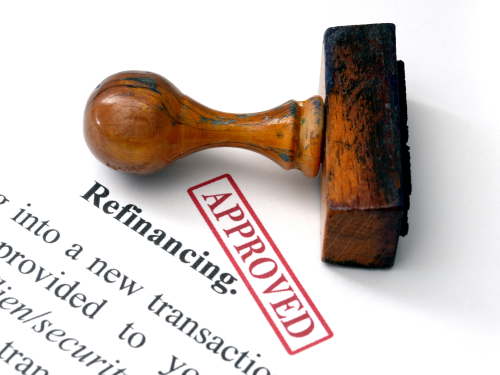
For many homeowners, their mortgage is the largest financial obligation they will ever undertake. While securing the initial home loan is a significant milestone, the financial landscape is constantly evolving, presenting opportunities to optimize your mortgage terms through refinancing. Mortgage refinancing involves replacing your existing home loan with a new one, often with different rates, terms, or loan amounts. It's a strategic financial move that can significantly impact your monthly budget, long-term savings, and overall financial well-being.
The decision to refinance is typically driven by one or more compelling reasons, aiming to achieve specific financial goals. The primary motivations for homeowners to consider refinancing include:
There are several types of refinancing options available, each designed for different needs:
The refinancing process shares many similarities with your initial mortgage application. It typically involves: **Application and Pre-approval** (submitting financial documents); **Appraisal** (to determine your home's current market value and ensure you have sufficient equity); **Underwriting** (the lender's review of your financial profile); and finally, **Closing** (signing new loan documents). While it can seem extensive, these steps ensure both you and the lender are protected.
Your eligibility for refinancing and the new interest rate you'll receive depend on several key factors. A strong credit score, significant home equity (the difference between your home's value and what you owe), and a favorable debt-to-income ratio are crucial. Additionally, current market interest rates play a significant role; refinancing is often most advantageous when rates are lower than your existing mortgage rate.
It's important to consider the costs associated with refinancing. These typically include closing costs, which can range from 2% to 5% of the new loan amount, covering fees for appraisal, title insurance, loan origination, and more. To determine if refinancing is worthwhile, you'll need to calculate your "break-even point"—the time it takes for your savings from the lower payment or rate to offset the closing costs. If you plan to stay in your home beyond this point, refinancing is likely a good financial decision.
Refinancing can offer substantial long-term savings and financial flexibility. By securing a lower interest rate, you could potentially save tens of thousands of dollars over the life of your loan. A shorter loan term means you'll pay off your home faster, building equity more quickly. A cash-out refinance can provide funds for significant investments without taking out a separate personal loan.
The mortgage market is dynamic, with rates and programs changing frequently. Understanding whether refinancing is the right move for your specific financial situation requires expert insight. We are dedicated to providing clear, comprehensive information and connecting you with qualified professionals who can help you evaluate your current mortgage, explore refinance options, and guide you through the entire process.
Don't miss out on opportunities to optimize your home loan and improve your financial standing. Whether you're looking to reduce your monthly payments, pay off your home faster, or access your home's equity, strategic refinancing can help you achieve your goals.
Considering refinancing your mortgage? Contact us today for a consultation to understand your options and next steps.